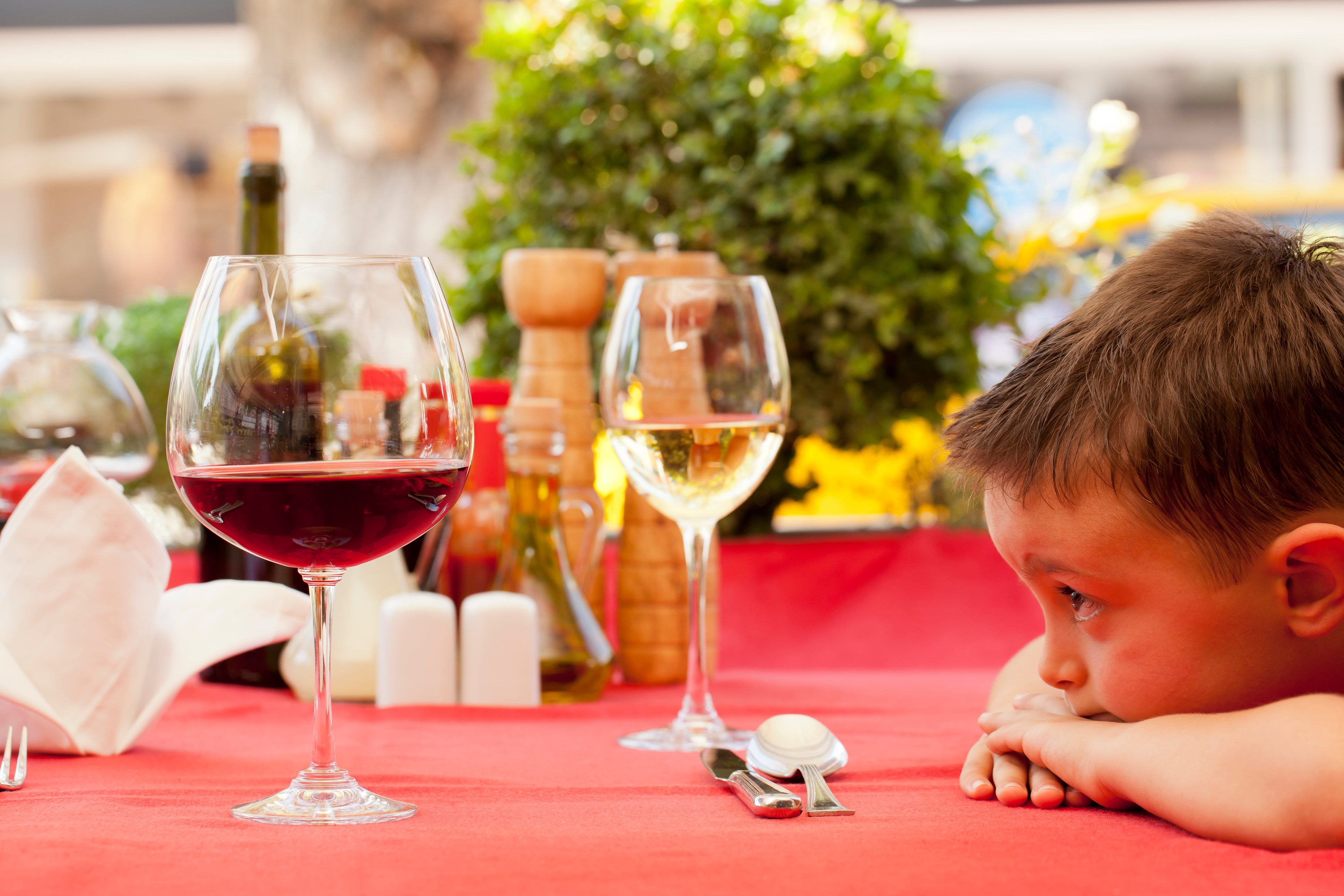Should we be giving kids ‘fake’ wine in champagne flutes?
After a pub received criticism for refusing to serve a child her soft drink in a champagne flute because it could ‘encourage her to drink’, wine expert Rosamund Hall asks: why don’t we trust parents to make decisions for their children?


A pub in Hampstead is facing a backlash due to claims that a mother was refused a champagne flute for her five-year-old daughter to join her parents in a toast to celebrate New Year’s Eve.
She didn’t want to fill it with the finest champagne – just her daughter’s Appletiser, which they’d bought at the bar. Yet the pub refused, allegedly saying that “it could encourage her to drink alcohol and it’s not a great look”.
As a former licensee, and the mother of a two-year-old son, my immediate reaction to this is somewhat mixed. The premises concerned will have a responsibility to protect children from harm, but you always have to use your judgement as to what that actually means.
My call in this situation would have been simple – yes, of course you can have a glass to toast the new year as a family. This exchange with the manager didn’t happen at midnight, but at 7pm, as Dr Renee Hoenderkamp and her family were finishing their early dinner. And what were the reasons for the refusal? Fear of broken glass and a cut hand? No – just a scathing judgement from the manager of The Old Bull and Bush.
Having spent many years working in hospitality, and serving many families, I’ve often added a little flourish to a drink if a child or parent asked for it – a colourful straw, slices of fruit, or a cocktail umbrella – but it didn’t mean I was about to mix them up a pina-colada! I loved it when I saw families “toasting” each other, and I certainly didn’t see this paving a path towards a precarious relationship with alcohol – quite the opposite. No one ever commented or complained.
Research published in 2022 by the University of Navarra in Pamplona, Spain, found that if you do drink alcohol, “the strongest reduction in risk of mortality was observed for those with high adherence to the MADP – The Mediterranean Alcohol Drinking Pattern” – that is to say, drinking in moderation, drinking with meals, and avoiding binge-drinking. Growing up in a household where a child is exposed to this moderate behaviour will have a far more positive impact on their future relationship with alcohol.
Instead of pursuing a prohibitionist approach, we should be working to educate the next generation of drinkers about moderate intake, understanding what goes into the products that we drink, and how to drink responsibly and safely. And this behaviour, like so many things, is learnt in the home.
Research by the University of Sydney showed that how parents drink has an impact on when and how adolescents drink. If we model behaviour such as drinking to “relax” or “get drunk”, then that can have a negative impact on our children’s future behaviour. But if we show moderation and balance, then our children are more likely to adopt the same approach.
If this had happened in France, Italy, Portugal or Spain, I am sure that the parents would’ve received a very different response. Children in Spain would probably have been wide awake at midnight, and French children would most likely have been toasting Le Reveillon with a little sirop de grenadine in a wine glass, with no one raising an eyebrow.
I spend a lot of time in France, and families regularly eat out at restaurants. They sit around tables dotted with wine bottles – yet according to data published by the OECD, only 17 per cent of France’s 15-year-olds report having been drunk, in comparison with the UK’s 28 per cent.
A friend’s 12-year-old daughter is planning her birthday and wants a “pamper day” with her mates. Part of that involves having fizzy pop in plastic champagne flutes. Call me old-fashioned, but I don’t see this as the start of a slippery slope to them all lying in the gutter at some point down the line. We need to trust that children can tell the difference between role play and real life – and let them have a little fun along the way!
Rosamund Hall (DipWSET) is a wine consultant, merchant and writer



Join our commenting forum
Join thought-provoking conversations, follow other Independent readers and see their replies
Comments